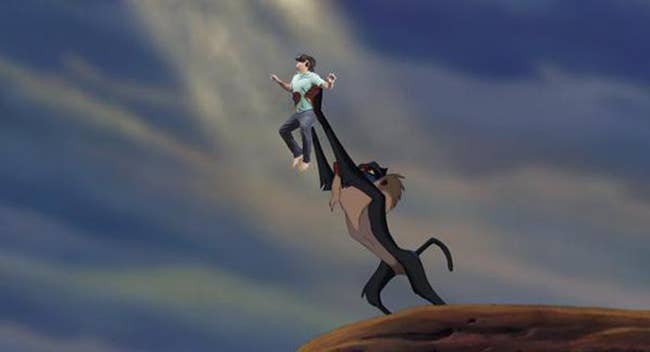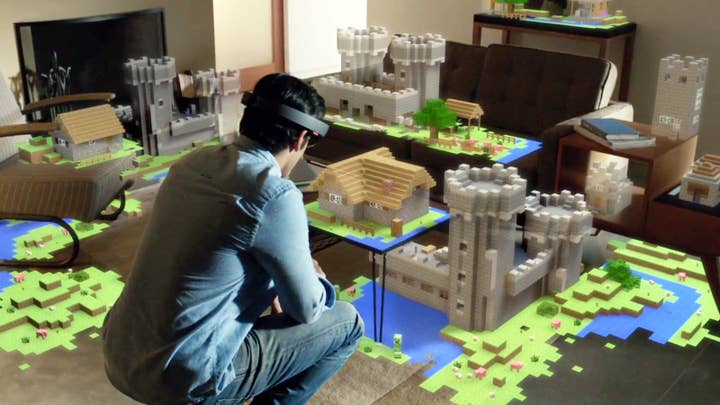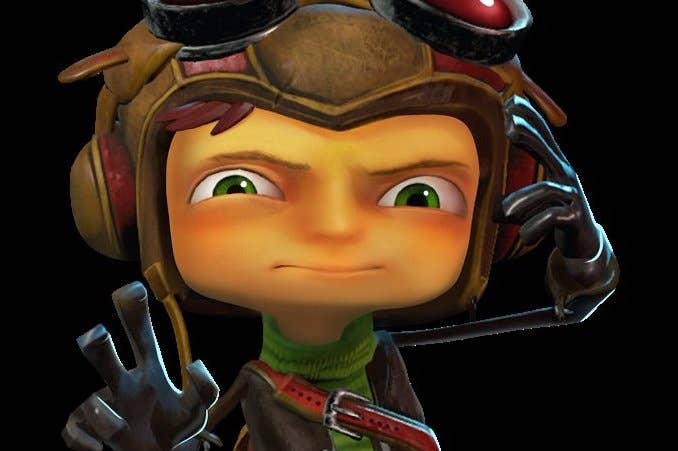VR and AR: The year of promises
Excitement for the tech has never been greater but the industry must still contend with big unanswered questions
Editor's note: This is part of a series of year-end content to be published daily leading up to Christmas that includes analysis, opinion and insights into the biggest news and trends of 2015.
2015 has been a strange year for virtual reality and augmented reality. It's a year in which more press have tried it than ever before, more games have been announced month by month and it's made more headlines than Gamergate, but we're still waiting on a release date or a retail price for any of the major players. The industry has rarely felt more exciting, but attend one of the newer, smaller virtual reality events and you may find yourself nursing a lukewarm chamomile tea as a man (almost always a man) gives a talk that may as well be called "The Future Of AR/VR: A Wild Guess."
In the VR corner you have Oculus Rift, PlayStation VR (formerly Morpheus) and Valve's HTC Vive. All have their advantages in the marketplace. Oculus Rift has become the virtual reality brand that your hairdresser has heard of and is backed by Facebook dollars, PlayStation VR is the plug-and-play option for those afraid of the dark arts of powerful PCs and Valve's virtual reality room setup has been quietly positioning itself as the premium product and preparing the Steam store for VR's arrival.

In AR the headlines have been taken by Magic Leap, Hololens and CastAR, all offering different experiences that enhance the real world. Despite the big on stage demonstrations from Microsoft for Hololens and serious investment for Magic Leap and CastAR it still feels as though this medium is struggling for consumer and press awareness against the much simpler to understand virtual reality. CastAR CEO David Henkel-Wallace believes AR awareness will improve next year. "In 2016, I anticipate an even bigger year of activities in the AR space, and we hope to make some big announcements for the consumer release of castAR as well," he told GamesIndustry.biz
There's certainly a demand for the technology within the industry. Developers with impressive AAA pedigrees are feverish about the chance to work on something completely new, while press and executives will line up for hours (you've seen the Instagrams from all the big conferences and trade shows) for a five-minute demo. And the experiences and devices are evolving at such a rapid pace that the most impressive demo is almost always the one you've seen most recently. (And only one has made me so nauseous I had to flee the demo cubicle like my shoes depended on it.)
"There are still big, unanswered questions for this genre, and those will continue long after the big ones of RRP and release date have been answered"
The big moments for the year were Valve's impressive demonstrations of SteamVR and the room technology, which allows you to walk around the world, and its intuitive controllers. That sense of being able to move around in a space was something new - Oculus has so far been careful to talk about Oculus Rift as a seated experience - and the TiltBrush demonstration that allows you to paint in a 3D space showed the creative potential of VR.
Oculus then stole the show at a small press event in San Francisco with the unexpected reveal of the Oculus Touch, another controller that proves that virtual reality isn't just forcing games to evolve, but the way we interact with them too. It also held its second Oculus Connect event in Los Angeles, one that attracted big name developers and marks it out as a real leader in the space. The company's strength is its willingness to share its experts' knowledge and company learnings on a massive scale - these are people who want to promote virtual reality as a whole, not just its own products.
There are still big, unanswered questions for this genre, and those will continue long after the big ones of RRP and release date have been answered. What will the health and safety implications be for this new medium? Remember all that drama that resulted from Wii controllers being accidentally flung across rooms? Imagine the mishaps that can happen when you're essentially blindfolding and deafening a player all at once. Is the nausea reported by some and obsessed over by others a real issue or just a Daily Mail style scare story?

Another is what will players be willing to pay for content? Experiences will be more immersive but also, at least in the early days, shorter too - what value will the consumer place on a 30-minute exploration game compared to a 15-hour shooter? Developers are racing to be first on the platform but no-one likes to talk about what a huge risk that is, and it seems sour faced to even bring it up when all the talk is of dinosaurs and Arctic adventures.
And how will players see fit to share their content? Twitch and YouTube have become some of the biggest drivers for more traditional games, but can they get across the sense of presence that is so crucial to the world of virtual reality, or the ways that augmented reality can change the world around you?
These are all questions that will be fascinating to see the answers to, but also questions that will do nothing to slow the hype train as it races into 2016. None of the above have made me think twice about investing in the first headset that hits the market.
"The early adopters will become the medium's biggest evangelists, and that's how these new platforms will deliver on their promises."
As 2015 comes to a close Oculus has released the consumer version of the Samsung Gear VR, priced at $99, sold out at Amazon.com and BestBuy.com just a few days after it began shipping. It proves there's an appetite for entry level virtual reality, even via a device that requires the purchase of an extra Samsung phone to function.
But the biggest indicator of future success for both AR and VR also addresses its biggest issue: that of discovery. Once people have tried PlayStation VR or Oculus Rift or Valve's HTC Vive their first instinct is to want to share it with friends and family. The early adopters will become the medium's biggest evangelists, and that's how these new platforms will deliver on their promises.

